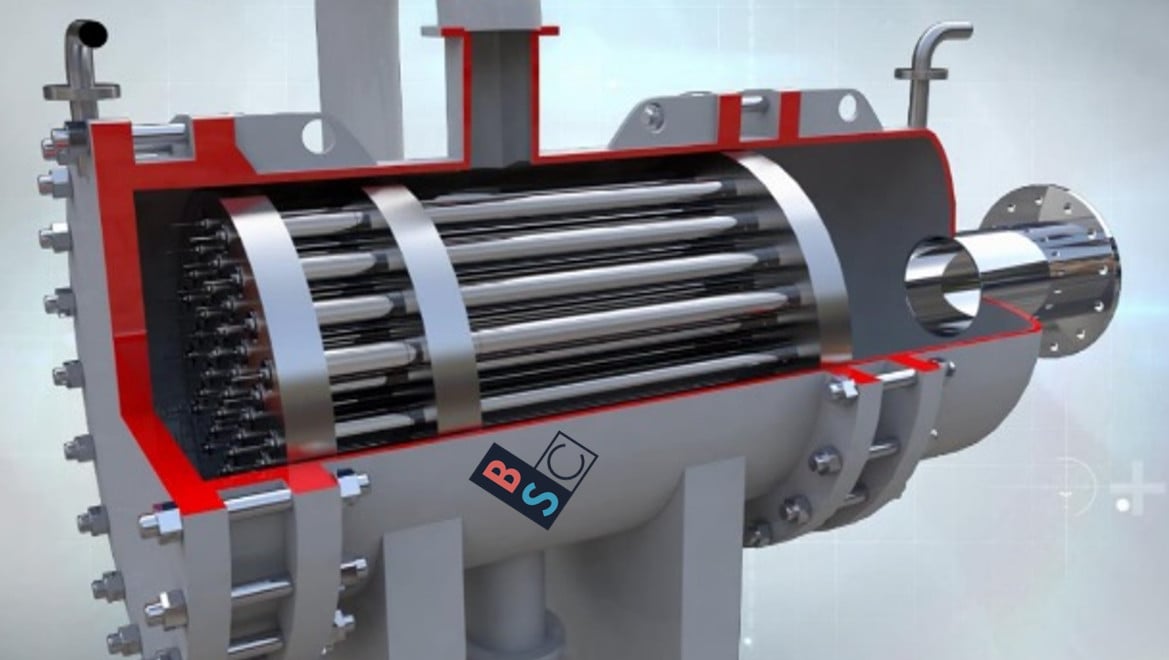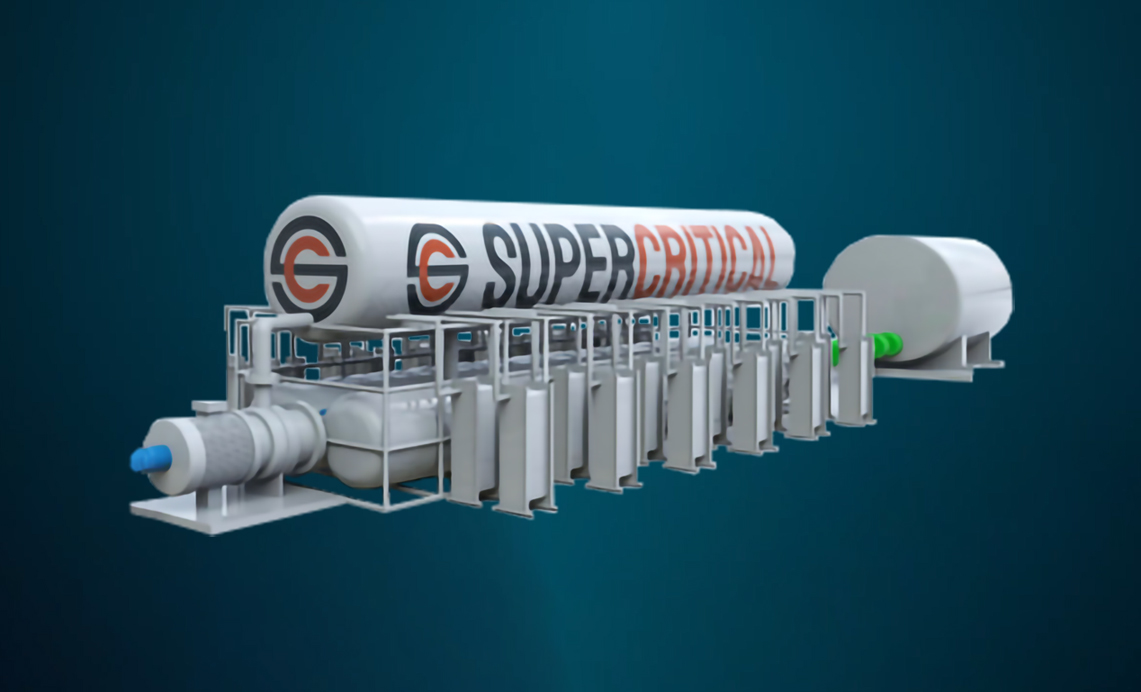NEWS & INSIGHTS | Opinion
A Journey of Collaboration: Super-compact multi-phase separator

Navigating the development and deployment of nascent technologies can span from several years to over a decade. There are a myriad of challenges associated, from regulatory requirements, the complexity of the technology, to market demand and funding availability.
Having a great idea is the bedrock, but tenacity and agility are also key to seeing vision become a reality. The initial research and development (R&D) phase itself can take years, a huge undertaking for any independent technology developer. Nevertheless, through collaboration — whether with operators, R&D institutions, business accelerators, or, with luck, all of the above — results can materialise faster.
That’s what we do at the Net Zero Technology Centre (NZTC). We facilitate collaborative journeys to unleash new thinking, helping the developers we see potential in benefit from funding and additional expertise, accelerating their path to commercialisation, deployment and adoption.
One such developer we have worked with over the years is BSC Separation Technology , developing a unique super-compact, hydro-turbine powered multiphase separator, which is around 10% of the size and weight of conventional production separators, and can achieve near centrifuge separation efficiency. The solution has now been optimised for produced water treatment and de-bottlenecking applications. It also has the potential to simultaneously generate electricity to help decarbonise operations, and reduce offshore emissions.

We first saw potential in BSC when the company applied for our 2019 TechX Accelerator cohort. Through the programme, the company received up to £100,000 in funding, along with mentorship and access to NZTC’s global industry partners, which includes bp and Equinor.
For 16 weeks, BSC received not only technical support, but commercial guidance too, helping the company refine its value proposition with key market insights, elevating its investor readiness.
Upon completing the TechX programme, BSC continued to receive support from NZTC in 2021, through the centre’s Net Zero R&D Programme, which co-funded end-to-end innovation projects in partnership with Scottish Universities, the company successfully completed a computational fluid dynamics study in collaboration with Robert Gordon University (RGU), supporting them in optimising their design.
During this time, BSC secured additional support from leading operators CNOOC and Ithaca Energy, and industry players Expro and Hayward Tyler, propelling them through a successful two year design, build and test programme, a major milestone in the technology development trajectory.
This year saw the company complete a rigorous test programme at RGU, confirming that the produced water treatment version of its technology could process up to 5x the capacity of similar diameter hydrocyclones, at a fraction of the pressure drop, and meet or exceed the separation efficiency. The superior performance of the full-scale pre-production unit, running in parallel with a conventional deoiling hydrocyclone, was particularly notable on simulated returning high viscosity polymer rich produced water.
Test programme complete, in March BSC undertook four days of demonstrations at RGU, inviting project sponsors and oil field operators to exhibit their achievements and demonstrate the diverse applications of their solution.
BSC’s technology will be of value to many operators, from de-bottlenecking existing production facilities with a simple retrofit, to processing large volumes of water at low feed pressures to meet discharge specification. A full scale fully certified Field Test Unit being fabricated under the project management of Expro will be ready for deployment during Q2 2024.
The development and testing of the produced water treatment version of the technology will accelerate the design and deployment of the super-compact production separation, and CO2 / H2S capturing version of the technology, both of which have also progressed during the two year programme.


The company’s journey is far from complete, but the progress they have made these past few years is inspiring, and it comes down to collaboration. Emerging as a start-up, BSC has grasped many of the opportunities we offer at NZTC. Their evolution, from humble beginnings to leveraging NZTC’s R&D resources and cultivating industry partnerships, underscores the pivotal role of collaboration in advancing innovation.
Subscribe for the latest updates




